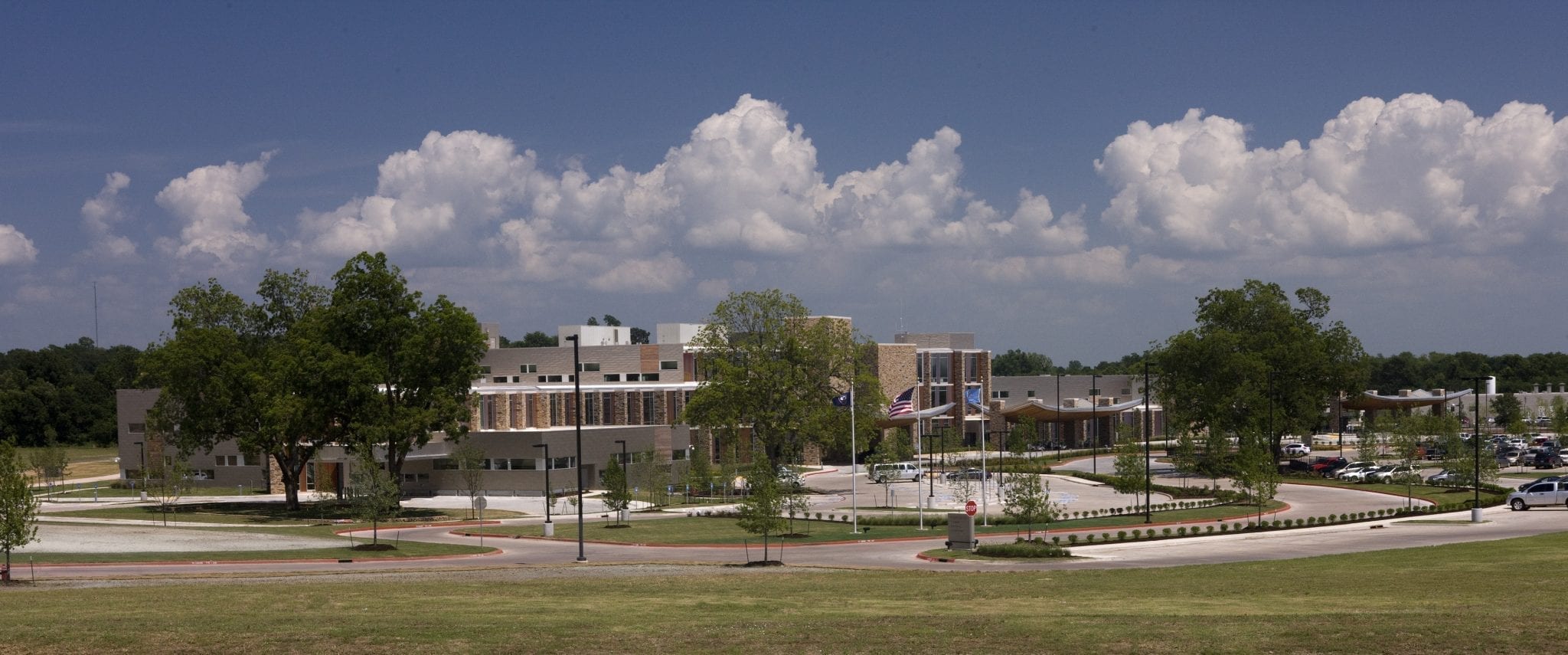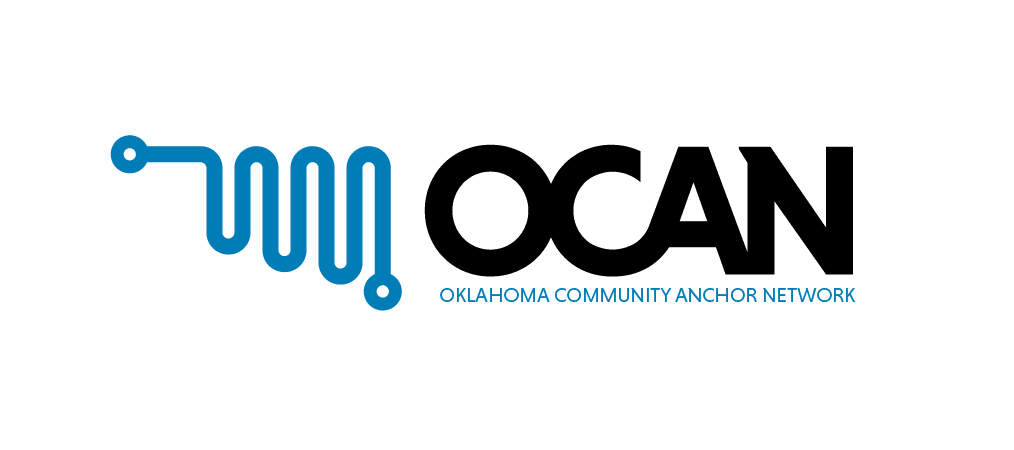OCAN Partnership with the Chickasaw Nation Improves Health Care Services

Many of Oklahoma’s tribal communities are in rural areas of the state. Providing services to these citizens can be challenging if high-speed internet is not readily available. Leadership for the Chickasaw Nation recognized this challenge facing its community.
Headquartered in Ada, the Chickasaw Nation is dedicated to preserving community, family and the heritage of their tribe. Their jurisdiction spans across 13 counties in south-central Oklahoma and includes more than 62,000 citizens. In order to enhance services to Chickasaw Nation citizens, a partnership was developed in September 2016 between Chickasaw Nation Telecom (CNT) and the Oklahoma Community Anchor Network (OCAN).
OCAN, which is operated and maintained by OneNet, is a high-speed network with more than 1,000 miles of fiber across Oklahoma. These miles of fiber ensure that high-speed internet options are made available to Oklahoma’s most rural communities, including tribal communities.
 Chickasaw Nation Telecom and OCAN partnered to construct fiber directly into the Chickasaw Nation Medical Center, a state-of-the-art hospital that opened in 2010 in Ada. The connection from the hospital to OCAN will allow for up to 10 gigabits-per-second of traffic to be passed on the network.
Chickasaw Nation Telecom and OCAN partnered to construct fiber directly into the Chickasaw Nation Medical Center, a state-of-the-art hospital that opened in 2010 in Ada. The connection from the hospital to OCAN will allow for up to 10 gigabits-per-second of traffic to be passed on the network.
“The availability of affordable high-speed broadband is essential for ecommerce and economic growth for many rural communities in Chickasaw Country,” said Josh Snow, senior manager of CNT. “Broadband connections will pave the way to technology breakthroughs and advancements. However, we must first have affordable access so all Chickasaw people can benefit. Partnerships like this one help lead to those types of breakthroughs.”
In addition to fiber connectivity at the hospital, CNT provided a second fiber route at East Central University for OCAN. This path provides redundancy to ensure the network has an alternate route to utilize if needed. East Central University in Ada has served as an OCAN community anchor institution (CAI) since the network was constructed in 2013.
Anchor institutions are an important aspect of the OCAN operation. CAIs are organizations that provide vital services to a community. These organizations include schools, libraries, municipalities and health care organizations. Anchor institutions house the infrastructure and equipment necessary to operate the OCAN network. The partnership between CNT and OCAN has enabled the Chickasaw Nation Medical Center in Ada to become an additional community anchor institution.
“Under the outstanding leadership of Governor Anoatubby, the Chickasaw Nation has already heavily invested in many communities within our 13 counties by building anchor health, wellness, governmental and commerce institutions,” said Cliff Agee, undersecretary of subsidiary support services for the Chickasaw Nation. “Understanding the vital need to provide high-speed access to HIPPA-protected patient data without placing an undue burden on our network capability drove our decision to construct a direct fiber connection to OCAN and our data center six miles away. This type of partnership is crucial to providing high quality health care in Chickasaw Country.”
“Providing connectivity to support Oklahoma’s tribal communities is an integral part of OneNet’s mission,” said Vonley Royal, OneNet executive director. “Through OneNet, OCAN and Chickasaw Nation Telecom, we have been able to provide the tribe’s citizens with access to services and opportunities they have not seen before. We look forward to growing with the Chickasaw Nation and the opportunities that lie ahead.”
This partnership illustrates a perfect example of how OCAN ensures that our state’s tribal citizens have the same access to quality health care opportunities as those who live in metropolitan areas.
“Tribal citizens in Oklahoma have unique access to a suite of services in their communities,” said Sonja Wall, director of OCAN. “We are proud to provide connectivity that supports these initiatives for the Chickasaw Nation while improving their citizens’ access to services, especially health services.”
